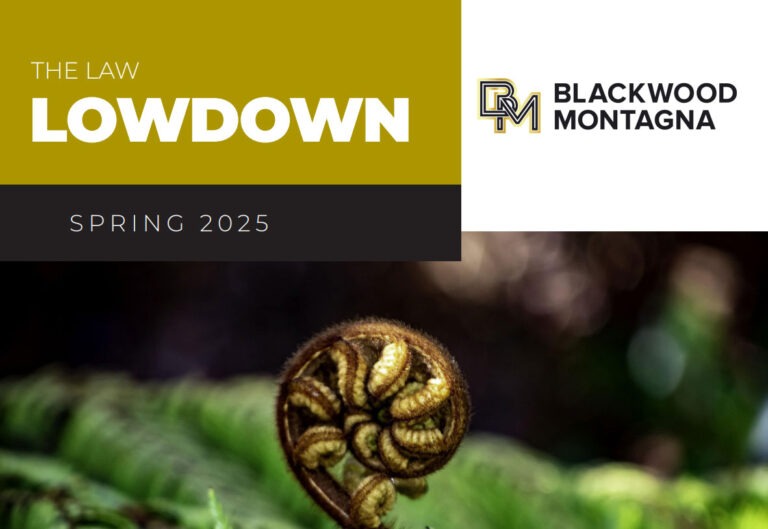In New Zealand, trees planted close to property boundaries can lead to disputes, especially when branches overhang or roots encroach into a neighbouring property. Understanding the law governing these situations can help property owners resolve issues amicably and avoid unnecessary conflicts.
OWNERSHIP OF OVERHANGING BRANCHES AND FRUIT
Legally, the branches, leaves, and fruit of a tree are considered the property of the tree’s owner, even if they extend over a boundary into a neighbour’s property. This means that while you can trim branches and roots that cross into your property, you must offer any trimmings, including fruit, back to the tree’s owner, as they still hold ownership rights. If the owner does not want the trimmings or fruit, you are then free to dispose of them.
RIGHTS TO TRIM OVERHANGING BRANCHES AND ROOTS
As a neighbour, you have the right to remove any branches or roots that cross into your property, as long as the trimming is done at the boundary line. However, it’s important to do so carefully, as improper trimming that damages or destabilises the tree could lead to liability issues. If the tree owner suffers loss due to damage to the tree or if the tree subsequently falls, you may be liable for repair costs or damage.
RESPONSIBILITIES OF TREE OWNERS
Tree owners are generally responsible for ensuring their trees do not cause a nuisance or damage to neighbouring properties. If branches or roots from a tree extend over the boundary and cause damage—such as interfering with structures, causing excessive leaf litter, or affecting underground pipes—the owner may be responsible for addressing the issue or compensating the neighbour for damages.
RESOLVING TREE BOUNDARY ISSUES AMICABLY
The best approach to tree boundary issues is open communication between neighbours. A polite discussion may resolve the issue without the need for legal intervention. However, if a solution cannot be reached, a formal notice requesting that the tree owner trim the overhanging branches or roots may be issued. In certain cases, mediation or assistance from a local council may help in resolving the dispute.
LEGAL RECOURSE FOR PERSISTENT ISSUES
If the overhanging trees are causing significant nuisance or damage, you may be able to seek legal redress. In New Zealand, disputes involving trees can sometimes be brought before the Disputes Tribunal or District Court, depending on the complexity and financial extent of the damage. Legal advice should be sought to determine the best course of action, as each case may involve unique considerations under the Property Law Act.
CONCLUSION
If you are facing issues related to overhanging trees or other boundary concerns, we can provide guidance on your rights and responsibilities under New Zealand law. Please reach out for assistance in resolving any disputes amicably and within the law.




